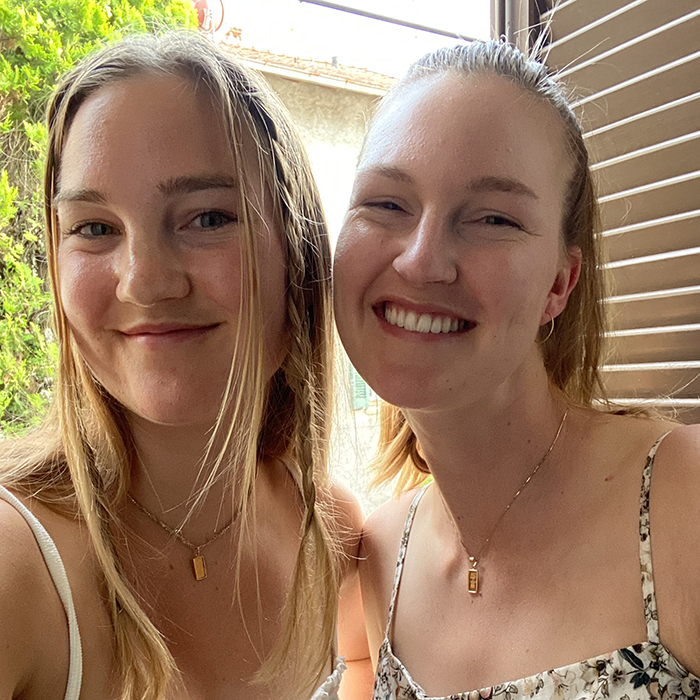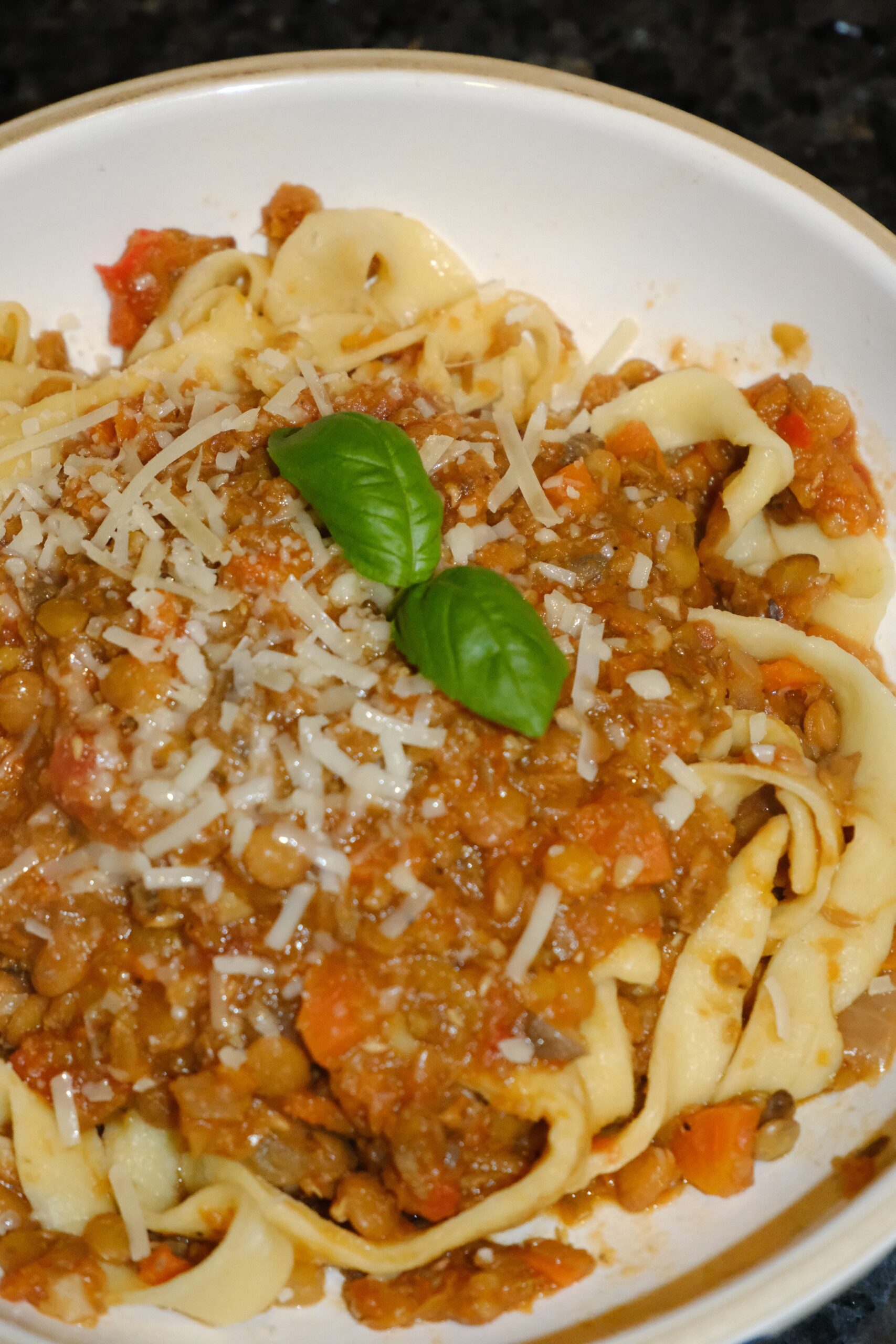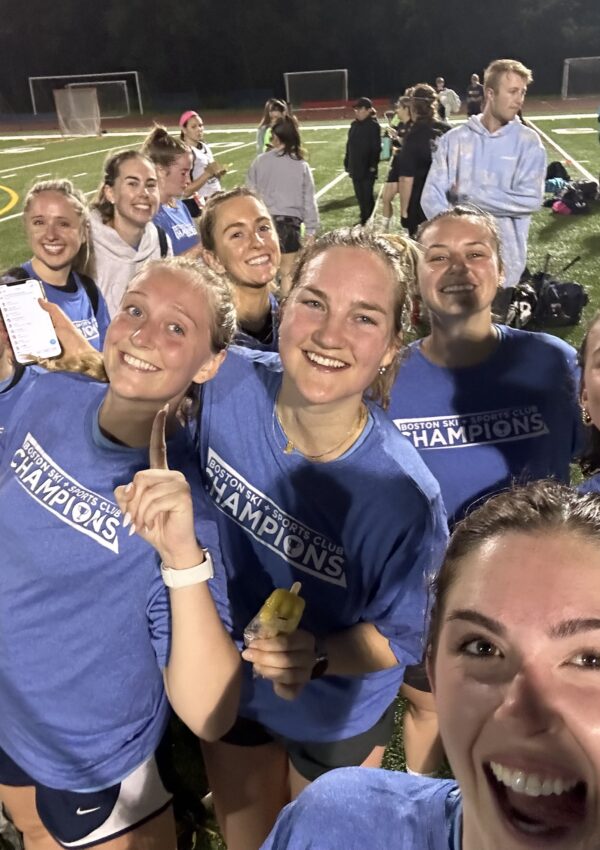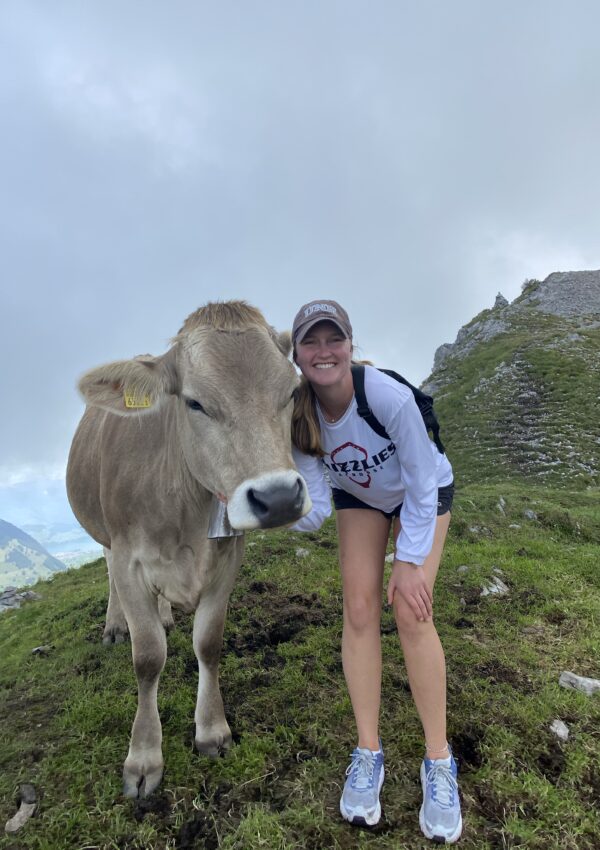Everyone is trying to crack the code of how to live the longest, most fulfilling life. Of course there are many components to longevity and individualized fulfillment, but it is for certain that diet and nutrition plays a major role.
More and more people nowadays are realizing the power of optimal nutrition for their health. As a dietitian, this is very exciting… we love talking about all things food!
With more people learning the power of nutrition, there has unfortunately been many under qualified people spreading misinformation to the public. Who is spreading nutrition misinformation? We are talking about influencers, celebrities, trainers, doctors (yes, you read that right, doctors are not qualified to be giving evidence backed nutrition advice). Influencing you to buy products and foods that are overpriced and have no significant benefit to overall health. Also, generating this fear around food can create a lot of problems- for example it can lead to restrictive eating patterns and increase overall stress around food and meal times. Is this really how we want to feel around food?
No!
So who should you trust in the nutrition space? Who is qualified to be giving up-to date, research backed nutrition advice/ guidance?
Registered Dietitians (RD or RDN)!
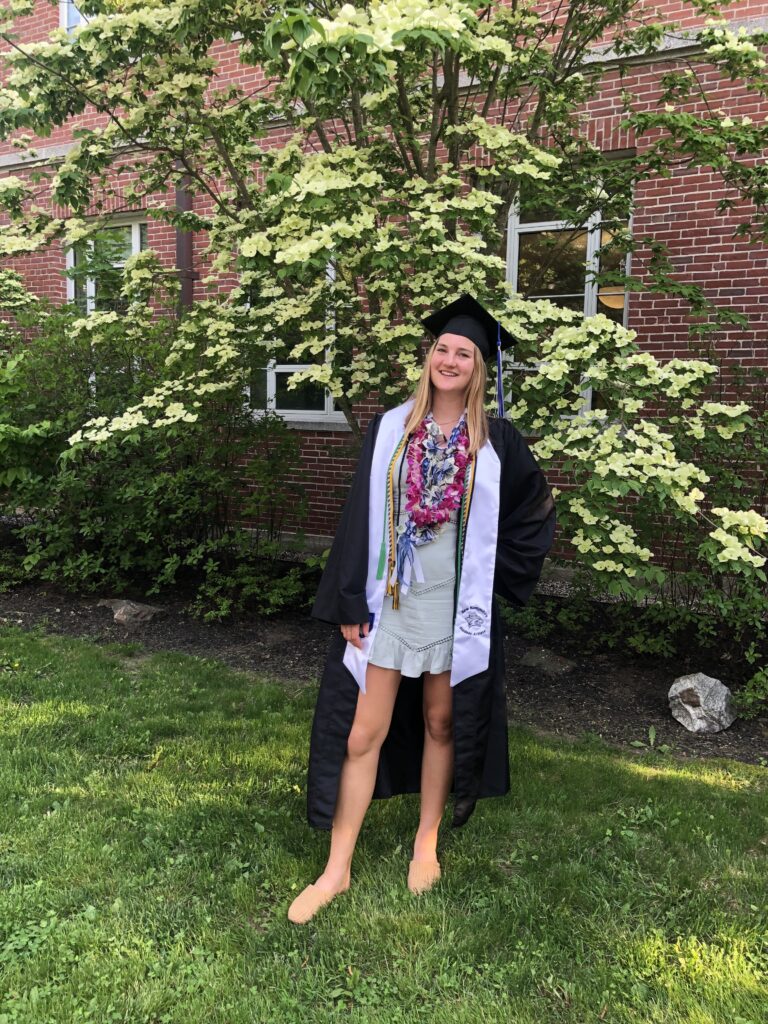

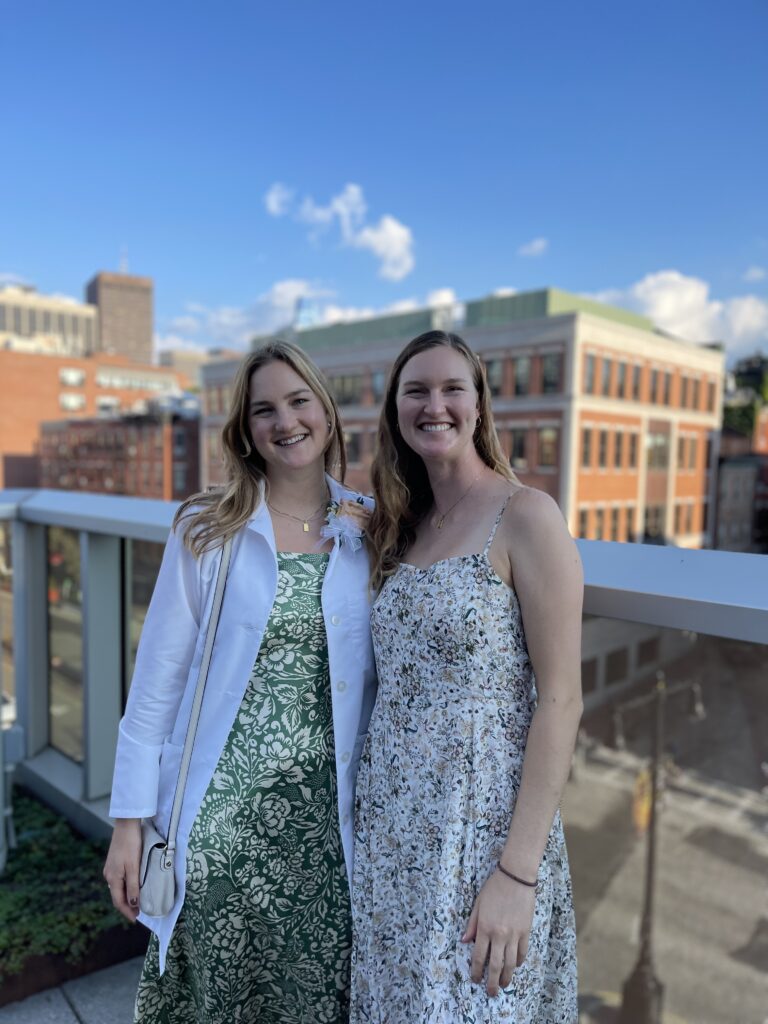
Who are dietitians?
A dietitian is someone who is considered the expert of the food and nutrition field. We educate the public, colleagues, patients, family members/ friends, and clients based on evidence/ researched backed nutrition guidelines. We are continuously staying up-to -date with the latest research in order to provide the best and most accurate nutrition information to the public. Just like you would go see an ophthalmologist for an eye problem, or a cardiac surgeon for a heart transplant. You should go to a dietitian for your nutrition journey.
What do you have to do to become a dietitian? Why are they qualified?
To become a dietitian, you must:
1. Graduate with a nutrition; dietetics degree (four years) from an accredited Didactic Program in Dietetics (DPD) approved university. A DPD means that the overall college courses are rigorous enough to meet the knowledge requirements of dietetics practice.
2. After receiving a bachelor’s degree in dietetics, graduates are now required to obtain a master’s degree either before their dietetic internship (DI) begins, or be accepted into a conjoined master’s/DI program.
For dietetic students who graduated ~before~ 2024, a masters degree was not yet required. These students went straight into their DI if they did not purse a master’s degree.
Dietetic graduates must be accepted into a DI program… and successfully matching or pairing with a dietetic internship (DI) program is very competitive. Each DI is a little different, however every program is a minimum of +1200 hours (anywhere from ~7 months to 1 year with clinical, community, and food-service rotations) in order to get hands-on experience in the field. Not to mention, 99% of DI’s are unpaid. One must also graduate from the DI, meaning their program deems them competent.
In my opinion, the DI was where I learned the absolute most. Of course my college courses were very rigorous at the University of New Hampshire, but nothing compares to having that hands-on experience. Counseling real-life patients and working with your medical team is how you’re able to apply everything you learn in the classroom…into real life! During the DI, you learn SO much and are constantly absorbing all of your preceptor’s knowledge (a preceptor is either a manager in food service rotations or a registered dietitian during clinical/ counseling rotations who is teaching you the ropes during each rotation of your dietetic internship). Graduating from my DI at Massachusetts General Hospital was such an accomplishment, as it is for all RD’s-2-Be!
3. After graduating from the DI, one must pass the Registered Examination for Dietitians. Basically the board exam for dietitians that many take 1-2 months to study for, sometimes longer. This is a comprehensive exam with four domaines covering:
- Principles of Dietetics
- Nutrition Care for Individuals and Groups
- Management
- Foodservice Systems
4. After passing the exam, one can call themselves a Registered Dietitian Nutritionist (important to note that this is not the same thing as a “nutritionist”)! It is such a big accomplishment. Every dietitian remembers the moment they passed their exam, that sense of relief and joy is the coolest thing!! It is 5-6 years of work that finally paid off!! Staying up-to-date with new research, guidelines, and scopes of practice is very important in this work. So, dietitians must meet continuing education credits- a minimum of 75 units (1 unit = ~ 1 hour) every 5 years. However, most dietitians do more continuing education on top of this.
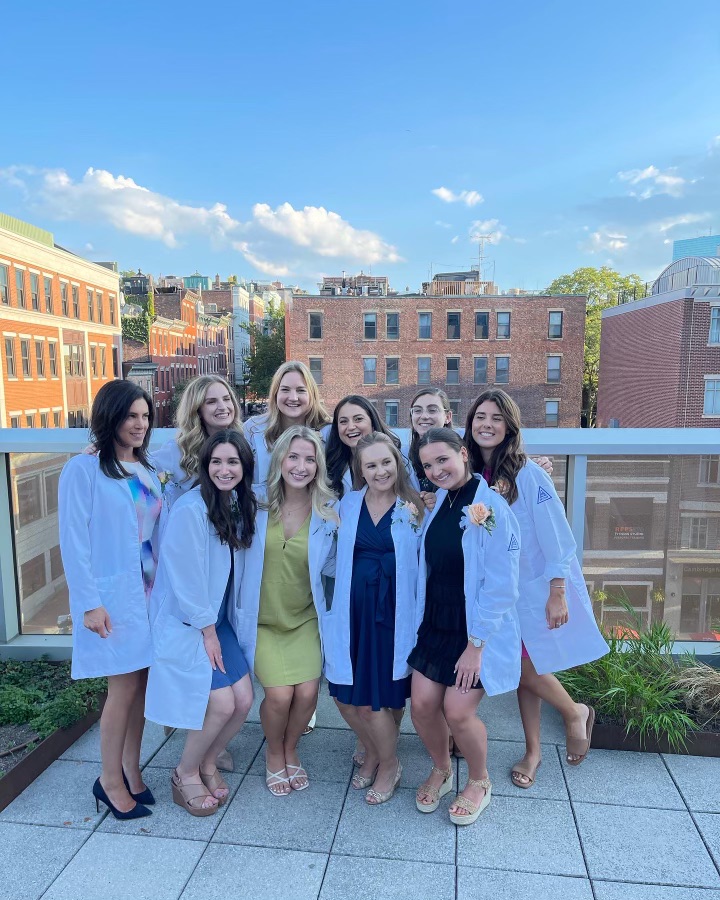
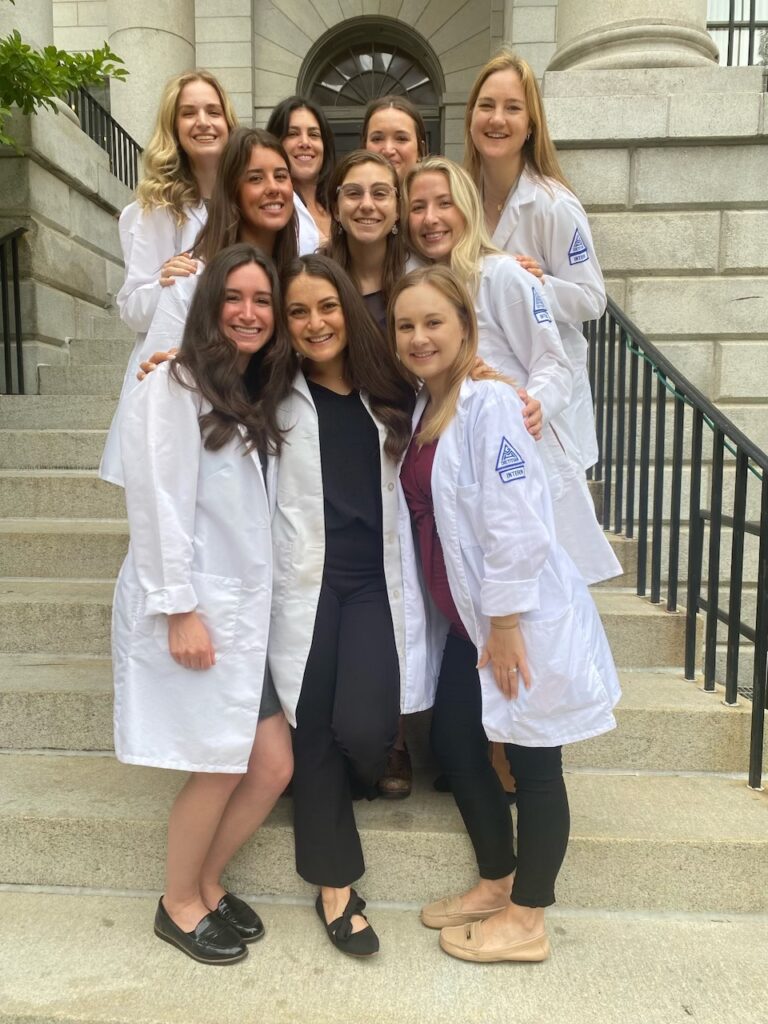
So yes, we are very qualified, educated people and know what we are talking about when it comes to food and nutrition! You can trust us with your health journey.
Next time you come across a random TikTok video, Instagram/ Facebook reel, ask yourself… is this misinformation from an under qualified person, or is this something research-backed and dietitian approved?
If you have any nutrition questions, are thinking about becoming a dietitian, or just want to say hello, I would love to hear from you!!
Cheers,
Sabrina
